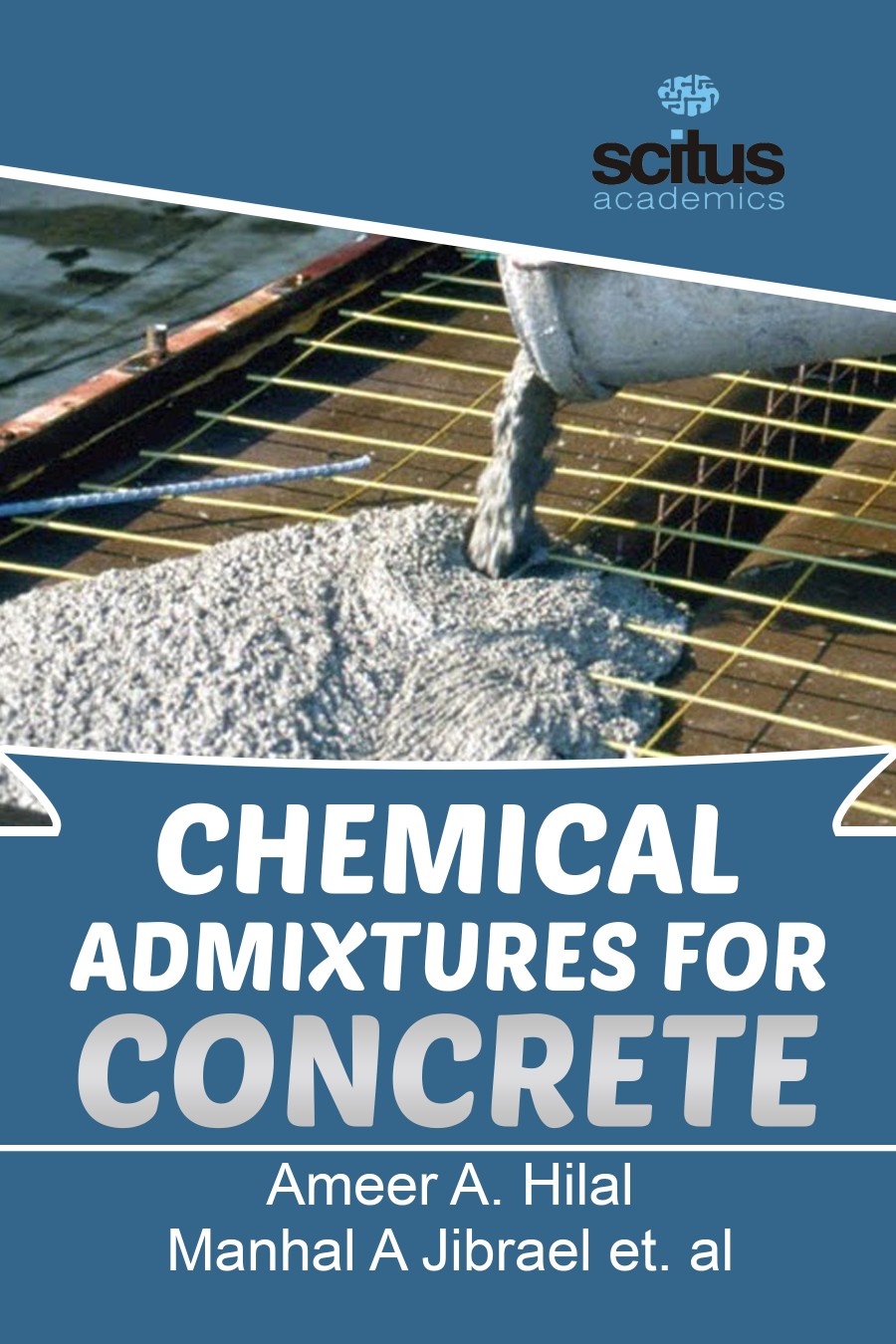Concrete, a construction material, is widely used because of its excellent properties such as durability, workability, satisfactory strength, and the easy availability of raw materials (cement, aggregates, and water), which are used to produce it. In recent years, the demand for ready-mix concrete (RMC) has increased rapidly. The primary reasons behind this are convenience of using RMC in high-rise structures, shortage of space at construction site, saving of time related to the preparation of concrete on-site, and better quality of RMC compared to the conventional concrete. To produce a concrete with specific requirements such as high performance concrete (HPC), additives and admixtures are added to raw materials of normal concrete to improve some properties by pozzolanic and physical actions. Nowadays, the concrete admixtures are widely used in the construction projects. The main types of chemical admixtures can be summarized as plasticizers, accelerating/retarding agents, air entraining agents, waterproofing additives and others such as corrosion inhibitors and coloring agents etc. The benefits derived from the use of chemical admixtures include improved durability, strength, chemical resistance, coloring, reduction in water and cement requirement and enhanced working properties of concrete.
These admixtures improve the concrete microstructure by making it denser, more homogeneous, and uniform, leading to enhance its properties such as strength and durability compared to the plain mix.
Chemical Admixtures for Concrete covers the theory and real world cases to understand the effects of different types of chemical admixture on properties of concrete. Effects of different chemical admixtures on fresh and hardened properties of prolonged mixed concrete and their cost-effectiveness were investigated. Influence of sand to aggregate volume ratio, cement content, and use of chilled mixing water on the properties of prolonged mixed concrete was studied as well.
Presenting information on the materials, hydration, and the strength and durability of cement and concrete with mineral admixtures; this book will appeal to practicing engineers and students alike.













